I’ll probably lose some readers over the opinions expressed in this article. That cost is low compared to what naïve or thoughtless public messaging could cost you. So here goes.
There are a couple kinds of crime gun owners should be concerned with. Violent crime and threats thereof are the reason most of us purchased a handgun in the first place. The other type of crime is the kind done by autocrats who seek to pass laws or even make policies that never see the inside of a room filled with people we elected to represent us. The latter is also robbery, but nearly always carries much lower risk to the perpetrators. It’s good to train for confrontations with the first type, and make a practice of engaging, with peaceful communications whenever possible, the second. However, I see many gun owners placing a veritable target on their backs when it comes to choices they make with seemingly simple items such as bumper or rear window stickers for their vehicles, doormats or other signage on their homes, and social media posts. Sure, we have free speech under the First Amendment. But we do not have protection from the consequences of that free speech. This has become a painfully prevalent matter among members of law enforcement, and it’s logical to assume Second Amendment supporters will bear the same prejudicial treatment under a system in which “woke” judges and prosecutors can exploit the chance to disarm a good person. In this way, many of them are simply well-dressed criminals who enjoy better working conditions than their street-creeping counterparts. Learning to think from the criminal perspective, regardless of the color of collar they wear, can only benefit the average gun owner who just wants to be left alone.
Personal beliefs made public through t-shirts, stickers, social media posts, and the like have become a legal minefield for gun owners. Educated concealed carriers have been advised not to be chatty with police post-incident. Today, even the things you say in solidarity, jest, or simple personal expression before an incident can increase your risk of crime or be brought to bear against you legally. Here are a couple ways that can happen.
Stickers Showing Pride in What You Love
Take a moment to think like a ne’er-do-well when it comes to the stickers some people affix to their vehicles to express pride in, well, pretty much anything. I’m talking about messages proclaiming stuff like Proud Parent of an Honor Student at Sunshine Elementary, or Spoiled Rotten Shih Tzu on Board, or those cutesy stick figures representing every member of the family including the cat. There’s a good chance someone reading this has a sticker on a vehicle window promoting their favorite gun brand.
There’s absolutely nothing wrong with pride in family, pets, and firearms. But the biblical adage “do not cast your pearls to swine” has real meaning when it comes to random public boasting as happens with stickers and, for that matter, social media posts shared with people you don’t know well. Thieves who seek to steal sporting goods, or worse, thieves who intend to harm families with disturbing or terrorizing communications or even abduction, are literally handed inside information by such signage. You may be tough and your family may be well-protected, but why put yourself and loved ones in a potential top picks group for criminal actors? Sure, it feels good to express pride, but feeding one’s ego by spreading it mindlessly to the public opens up risk that’s unnecessary.
Those Get-Even Messages




These are typical examples of signage that celebrates the right of self-defense, and, when posted at the gate or door of private property, perhaps serves as a warning for literate and attentive would-be trespassers, burglars, and home invaders. Guns are among the top tools of empowerment, so why not shake that swag? Two reasons: let’s discuss.
The most likely and, at least for law enforcement, already-proven detriment of promoting messages like this (which, ridiculously can even include “liking” such a message on social media), falls into the same category as what the Miranda Warning tells us: anything you say (or post, or like) can be used against you in the court of law. Even the choices we make for gun or range accoutrements can fall into this category. Consider the case of the police officer who, after an apparently justified discharge of his rifle in the direction of a threat, became the “criminal” of a case that involved the message You’re F#@$ed embossed on the inside of the chamber dust cover. While a range of emotions can be associated with the use of deadly force, and can be considered normal by those who understand its subtleties, silent solemnity is the only safe choice for public consumption.
In the history of the court of law, standards used to judge police officers where use of force is concerned are soon interpreted as applicable to armed citizens. It is now standard procedure in some hoplophobic law enforcement agencies to screen applicants’ social media for messages that express support of gun rights or the right of self-defense. There is recent history of some armed citizens’ social media posts being similarly scrutinized following defensive use of a gun, in a twisted game of searching for “intent” to harm another. Gun owners are living in veritable enemy territory now as the system that is supposed to seek justice for violent crime is increasingly motivated to take a shorter, simpler route of of painting lawful gun ownership and use as somehow suspect. In the course of doing so, some of those campaign promises of being “tough on gun crime” are fulfilled in a corrupt manner.
The second reason is simple: by giving a generic warning to onlookers or visitors, I yield the element of surprise. Sure, maybe the literate, risk-averse burglar is discouraged. But the prepared criminal has been put on notice that ambush or immediate disarmament of me is their first order of business. This is one case in which I prefer the unprepared, for obvious reasons.
Finally, there is substantial evidence that gun-related signage invites theft, or at least has no discouraging effect. Take in any of the several interviews with imprisoned serial burglars that have been put on record in the last two decades. Not one states they passed up a house because of pro-gun signs posted at the entrance. By contrast, many cars sporting gun brand stickers have been broken into in hopes of stealing that very product.
But I love my 2A T-shirts
Yes, I love mine as well. And while all of the above is shared with you, dear reader, as a cautionary tale, I’d be hypocritical to say I don’t sometimes advertise a gun brand on my baseball cap or a slightly provocative saying on a patch (my personal fave: Let’s Party Like It’s 1776).
So what gives? What good is pride if we don’t show it? Let’s think for a moment about a concept you’re probably familiar with: virtue signaling. Gun and self-defense messages are our own version of that practice. My personal choice is to sport those items when I know I’m in like-minded or at least open-minded company, where perhaps gun-positive messages strengthen camaraderie or contribute some humor to the day. I attempt to keep the messaging neutral when wandering the virtual pigsty of the public arena. Do I do a perfect job of maintaining these boundaries? No. I’ve stopped by the store on the way home from the range on many occasions in shirts bearing bold-size semi-auto rifle or handgun images. Am I aware that this simple act of free speech can put me at greater risk of crime from both street criminals and “suits?” Yes. Is there any benefit to these things in the public arena? None that I can think of. A fellow concealed carrier doesn’t know if I’m actually carrying or if I’m competent with that gun.
We live in a country that was founded and designed with individual liberty and responsibility in mind. This article is not meant to judge your choices. I respect them. It is only a wider consideration of eventual possibilities that I encourage you to consider if you haven’t already. There’s room for all of us on the spectrum of opinion.
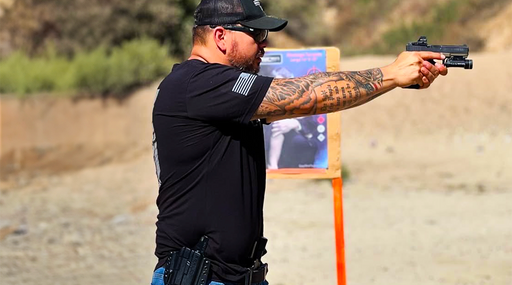
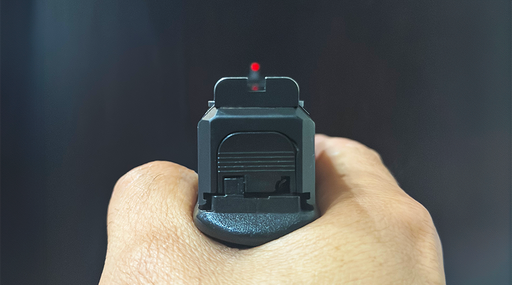
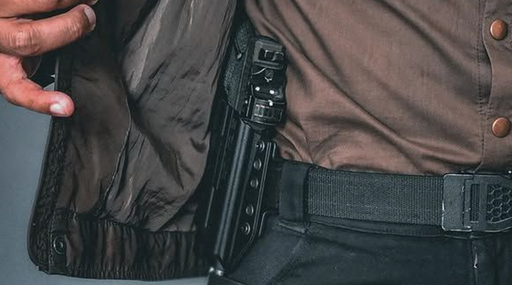


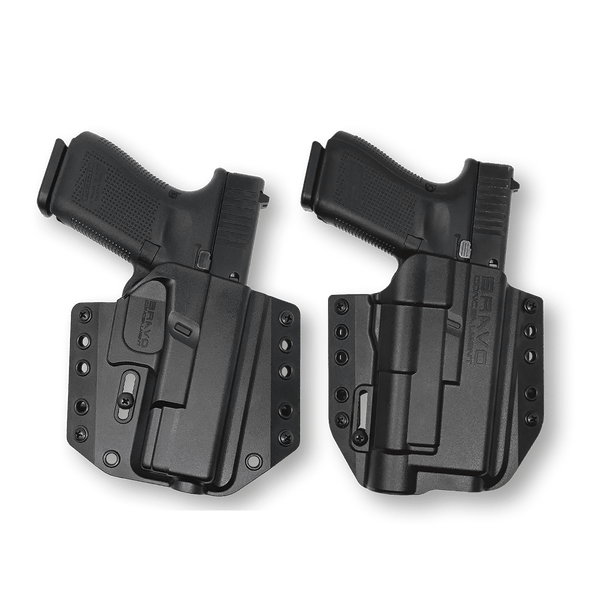

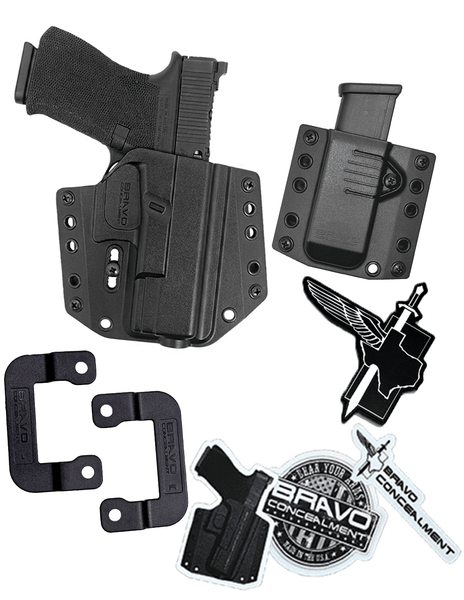
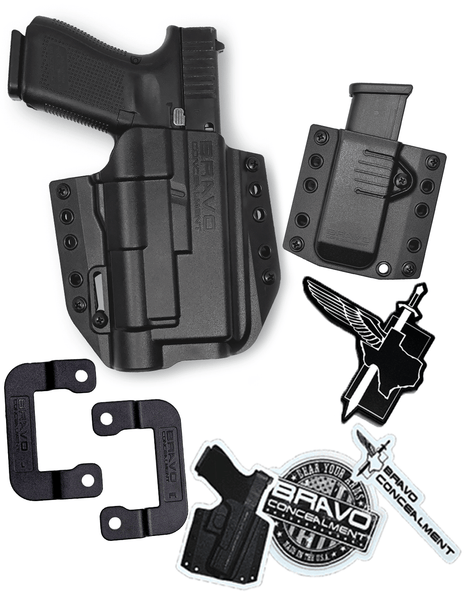

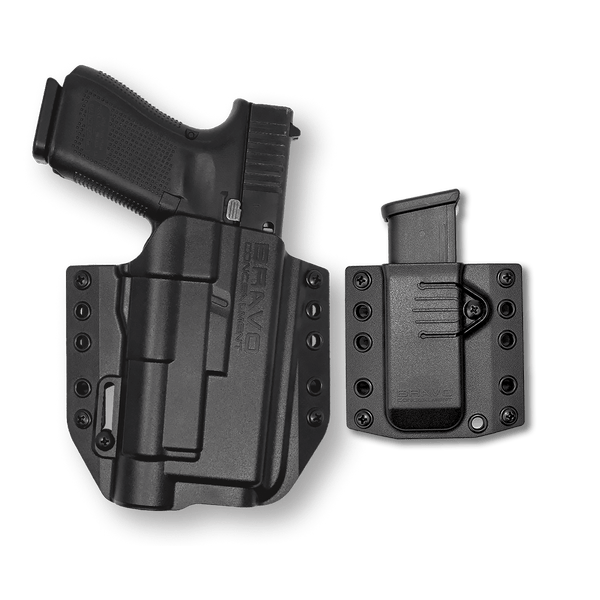



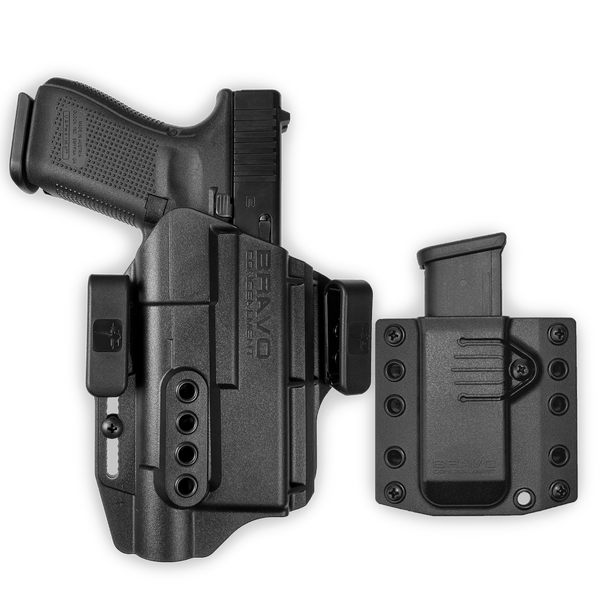

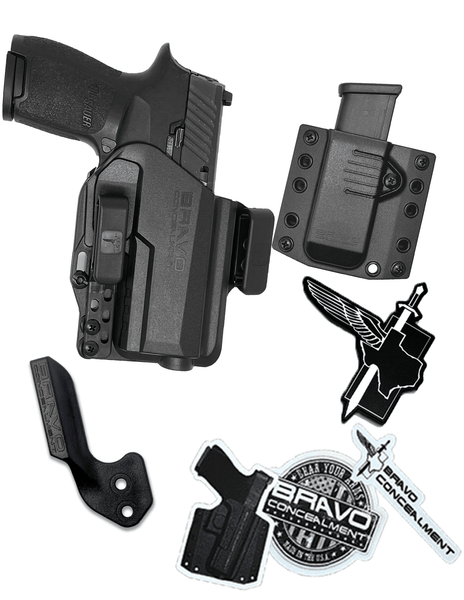
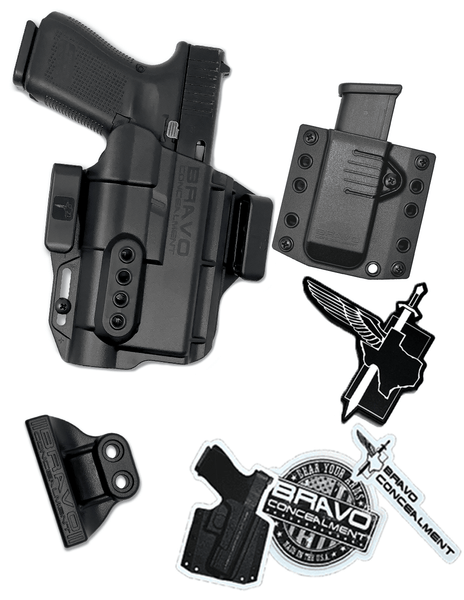
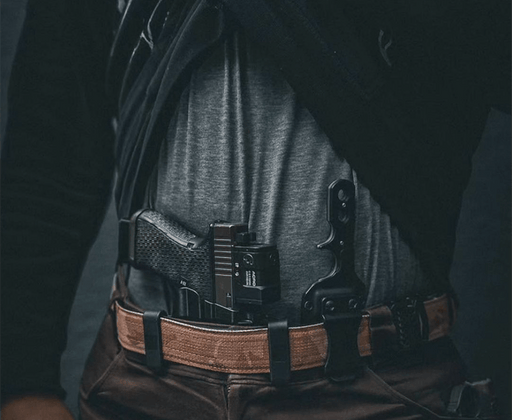
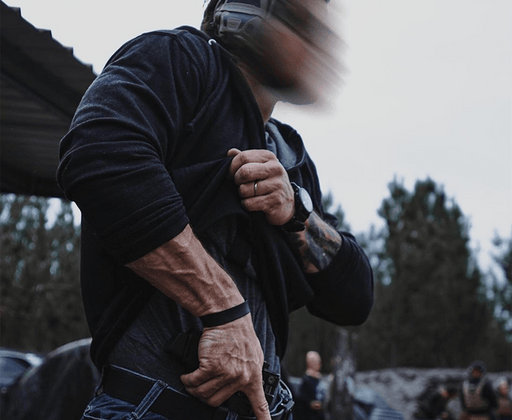
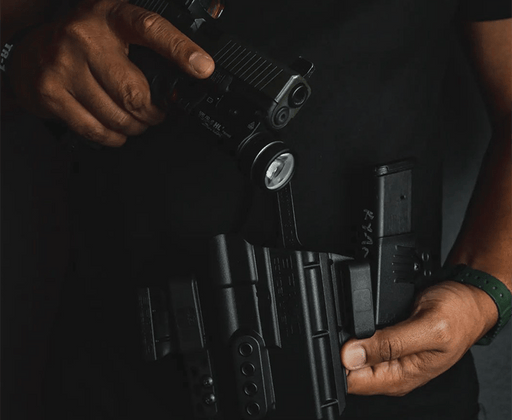
Leave a comment
1 comment
Excellent article Eve, and very practical advice. It is unfortunate that America is in this current epoch, however, we got ourselves here. Hopefully we can right the ship and move toward a more pragmatic judicial system. It will require us all to be vigilant, intelligent and active to hold our elected officials, at all levels of government, accountable for their decisions. The left never stops fighting so we must do the same.